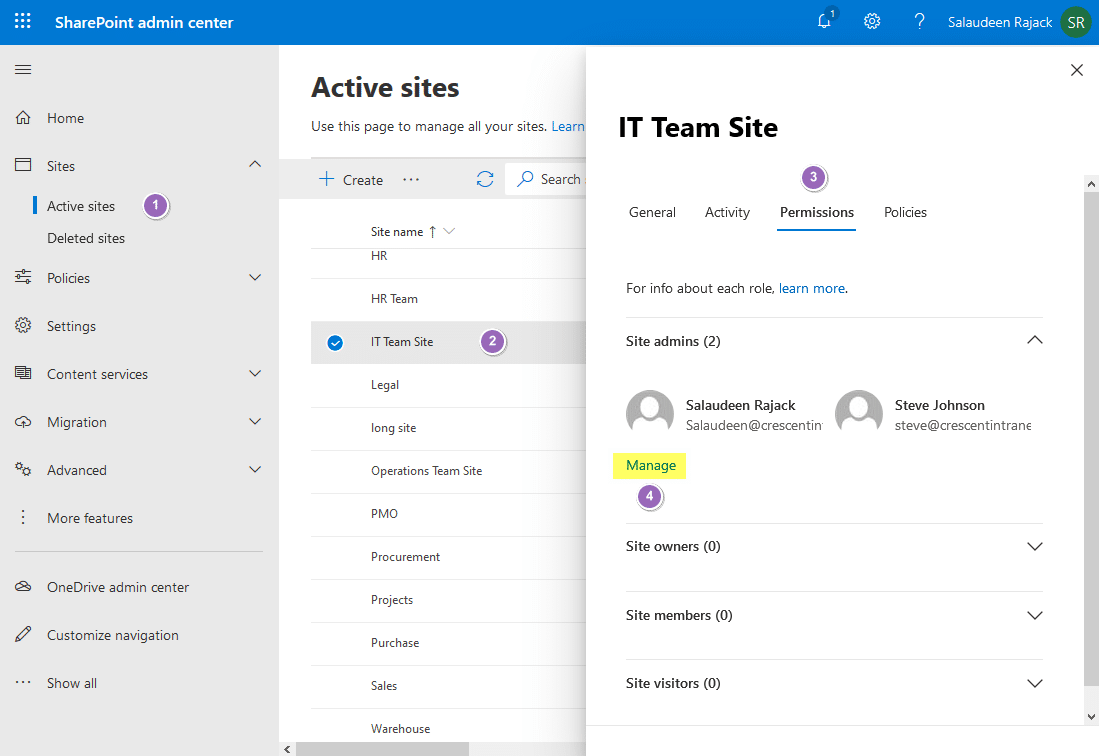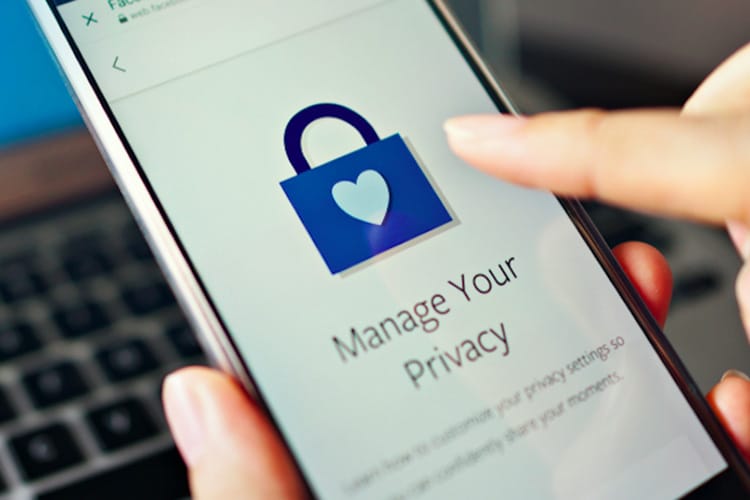In this digital age, our lives are intricately intertwined with the online world. From social media profiles to online transactions, our personal information often finds its way onto the internet. If you’re wondering how to scrub yourself from the internet, preserving your online privacy has never been more critical. If you’re wondering how to scrub yourself from the internet, you’re in the right place. In this guide, we will walk you through four essential steps to help you regain control over your online presence and protect your sensitive information.
Step 1: Assess Your Online Footprint

Before embarking on the journey of meticulously cleansing your digital footprint from the vast expanse of the internet, how to scrub yourself from the internet is of paramount importance to conscientiously assess and scrutinise the extent of your existing online presence. This preliminary step entails delving into a comprehensive exploration facilitated by renowned search engines, prominently exemplified by Google, renowned for its expansive reach and indexing capabilities. Through this meticulous process, your objective is to unveil a panorama of virtual breadcrumbs that you’ve inadvertently scattered across the digital landscape.
To begin safeguarding your personal information, it’s crucial to initiate by meticulously searching for various identifiers such as your full name, email addresses, phone numbers, and any other pertinent details, including how to scrub yourself from the internet, that could potentially expose your identity. By thoroughly scrutinising this information, you lay the foundation for a comprehensive strategy to protect your privacy. Here’s a detailed breakdown of the steps you should take.
Step 2: Contact Website Administrators for Removal

After you have meticulously pinpointed the sources from which your personal information emanates, take the proactive step of initiating contact with the administrators or custodians responsible for the management of the pertinent websites and platforms. In a manner characterised by politeness and respect, learn how to scrub yourself from the internet and craft a succinct yet comprehensive communication wherein you earnestly beseech the expeditious removal of the targeted data. In order to facilitate a streamlined process, it is imperative to furnish the administrators with precise and granular details encompassing the exact Uniform Resource Locators (URLs) where the offending information is located. Moreover, provide a meticulous breakdown of the particulars you wish to have expunged from the digital realm.
Most websites have a contact or privacy policy page where you can find information on how to scrub yourself from the internet. Be patient, as the process might take some time, and not all websites may comply. However, the majority of reputable sites respect individuals’ privacy rights and will assist in removing your data.
Step 3: Opt-Out of Data Brokers

Data brokers play a crucial role in the digital landscape by gathering and monetizing vast amounts of personal information, which can include details such as your name, address, contact information, purchasing behaviour, browsing history, and even sensitive data like medical records or financial transactions. These entities operate as intermediaries between individuals and various businesses, ranging from marketing firms and advertisers to credit agencies and insurance companies. If you’re concerned about your online privacy, you might be wondering how to scrub yourself from the internet.
Visit the respective data broker websites and follow their opt-out instructions for how to scrub yourself from the internet. This might involve submitting removal requests and verifying your identity. By removing your information from data broker databases, you reduce the chances of your data being accessible to unauthorised parties.
Step 4: Strengthen Your Online Privacy Settings

To enhance the safeguarding of your online privacy, it is highly recommended that you adopt a proactive approach by fortifying the privacy configurations across various digital landscapes, including how to scrub yourself from the internet. Ensure your social media platforms, online accounts, and websites have meticulous fine-tuning of settings. This will allow you to exert a finer degree of control over the dissemination of your personal information and online activities, confining their accessibility solely to individuals within your circle of trust. Remember, taking these steps can significantly contribute to bolstering your online privacy and security.
Regularly review and update your privacy settings to ensure that you’re comfortable with the level of information you’re sharing. Be cautious when granting permissions to third-party apps and websites, as these can often access your data.
Conclusion
Taking control of your online privacy is a proactive step toward safeguarding your personal information from unauthorised access. By following these four comprehensive steps, you can significantly reduce your digital footprint and minimise the risks associated with online data exposure. Remember, how to scrub yourself from the internet requires ongoing vigilance and regular updates to your privacy settings. Embrace these practices, and you’ll be well on your way to scrubbing yourself off the internet and enjoying a more secure online presence.
Frequently Asked Questions (FAQs):
Is it possible to completely erase my online presence?
While it might be challenging to erase your online presence entirely, following the steps in this guide can significantly reduce your digital footprint and minimise the exposure of your personal information.
Do all websites honour data removal requests?
Not all websites may comply with data removal requests, but many reputable platforms prioritise users’ privacy and are likely to assist in removing your information.
Can data brokers sell my information again after I opt-out?
Once you opt-out of data broker websites, they should remove your information from their databases. However, it’s a good practice to periodically check and ensure your data is not re-listed.
How often should I update my online privacy settings?
It’s recommended to review and update your privacy settings on a regular basis, especially after major platform updates or changes in your online activity.
Are there professional services that can help with online privacy protection?
Yes, there are online privacy services and tools available that can assist you in managing your digital footprint and protecting your personal information.
Can I remove information from search engine results?
While you can request the removal of specific URLs from search engine results, it’s important to note that the process might not guarantee complete removal.




